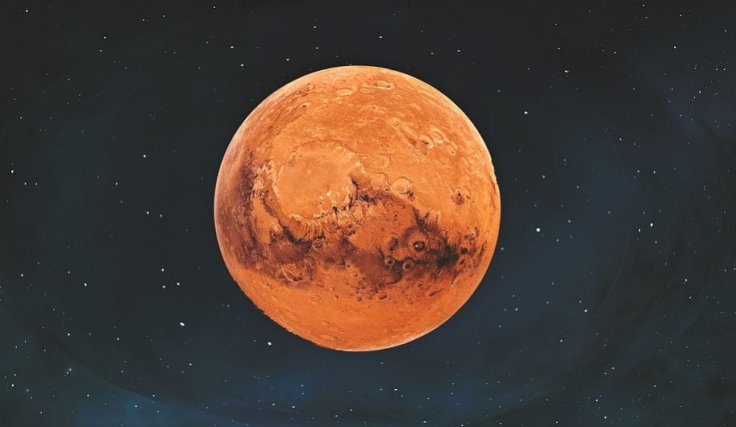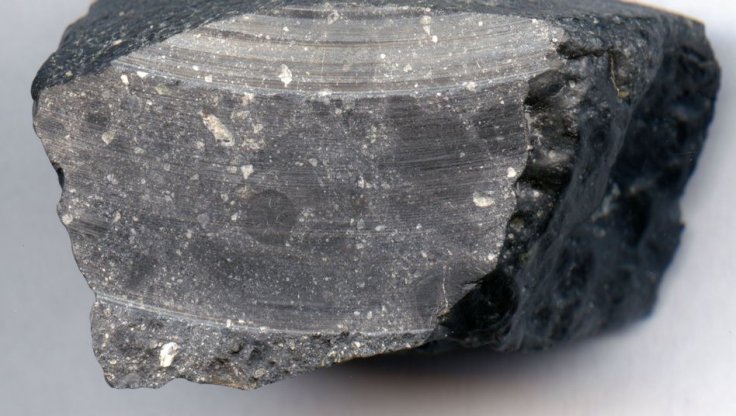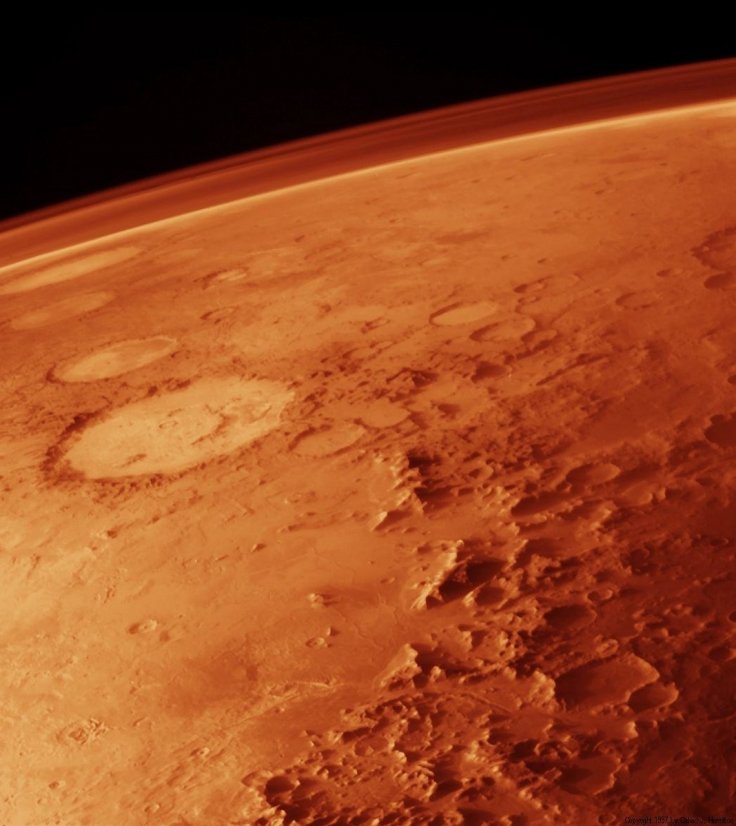The debate about how water came into existence on Earth, Mars, and other celestial bodies, has been a long-standing one. While a group of scientists posits that water came to formed planets through asteroids and comets, others believe that water is a byproduct of the formation of planets. Now, a new study analyzing meteorites originating from Mars has found that water may have naturally existed on the surface of Mars 4.4 billion years ago.
According to an international team of researchers, the analysis of a meteorite of Martian origin unearthed in the Sahara desert revealed that the minerals from the Red Planets crust found in the meteorite were oxidized. This suggested that water was present on the surface of the planet when the impact that created the meteorite occurred.
Finding Mars' Secrets In Sahara Desert

In 2011, two dark-colored meteorites—NWA 7034 and NWA 7533—were discovered in the Sahara Desert. NWA stands for North West Africa and the numbers denote the order in which the meteorites were officially approved by the international planetary science organization, Meteoritical Society. The examination of these meteorites revealed that not only were they from Mars but were also new varieties of meteorites and were the mixtures of several fragments of rocks.
Some of the components of the fragments were found to have been formed on Mars 4.4 billion years ago, thereby, making them the oldest Martian meteorites known to man. Despite being extremely rare and valuable, 50 grams of NWA 7533 was procured by the research team for analysis.
"I study minerals in Martian meteorites to understand how Mars formed and its crust and mantle evolved. This is the first time I have investigated this particular meteorite, nicknamed Black Beauty for its dark color," said Prof. Takashi Mikouchi, co-author of the study, in a statement.
Analyzing the Meteorite

The acquired samples were subjected to extensive tests by the team in order to gain a deeper and more detailed understanding of the composition of the rock. "Our samples of NWA 7533 were subjected to four different kinds of spectroscopic analysis, ways of detecting chemical fingerprints. The results led our team to draw some exciting conclusions," said Prof. Mikouchi.
It is accepted knowledge among planetary scientists that water has existed on Mars for at least 3.7 billion years. However, the mineral composition of the meteorite sample led the authors to deduce that it is probable that water was present on the planet at least 4.4 billion years ago—much earlier than believed to be.
Water on Mars Billions of Years Ago

According to the scientists, Igneous clasts or fragmented rock found in the meteorite are created from magma and are mostly formed through impacts and oxidation. They state that this oxidation may have occurred only if water would have been present on Mars' crust 4.4 billion years ago when an impact giving rise to the meteorite led to the melting of the crust.
"Our analysis also suggests such an impact would have released a lot of hydrogen, which would have contributed to planetary warming at a time when Mars already had a thick insulating atmosphere of carbon dioxide," explained Prof. Mikouchi.
If water existed on Mars much earlier than believed to be, then it suggests that water is a likely natural byproduct of some process in the early phases of a planet's formation. Therefore, the new findings may fill the essential gaps in understanding where water comes from, thereby, having a bearing on theories of the origin of life, and the pursuit of finding life on other planets.









